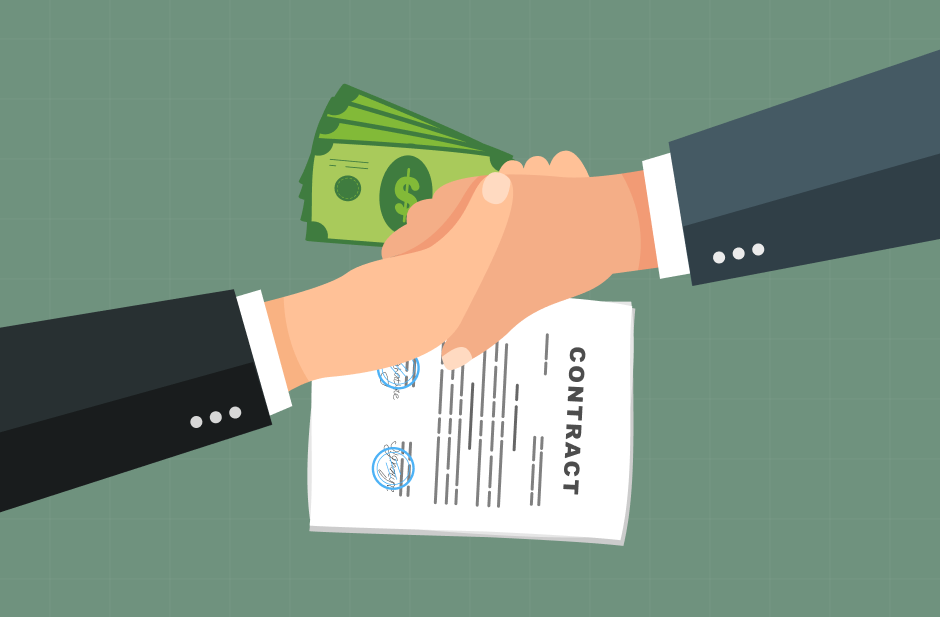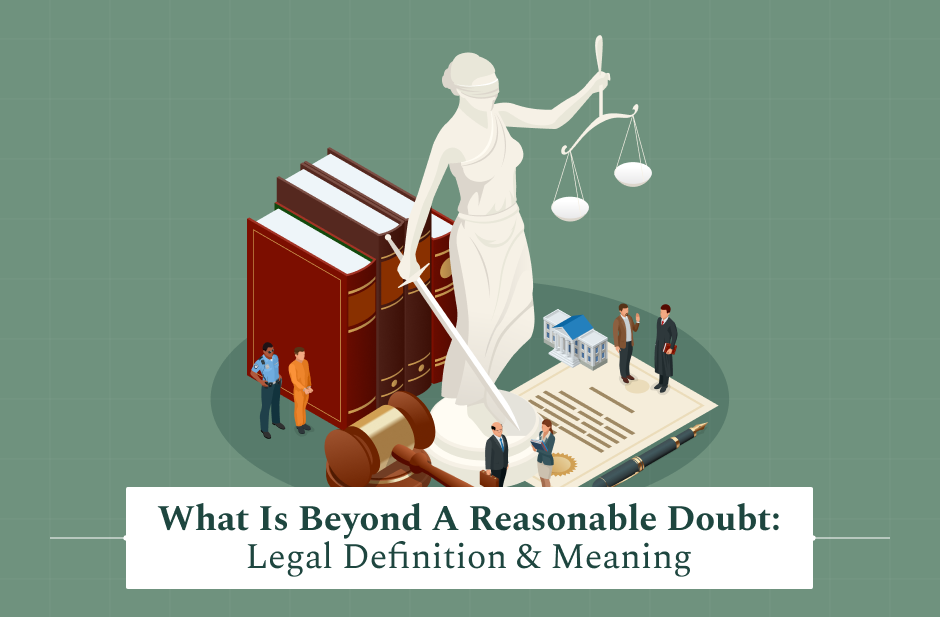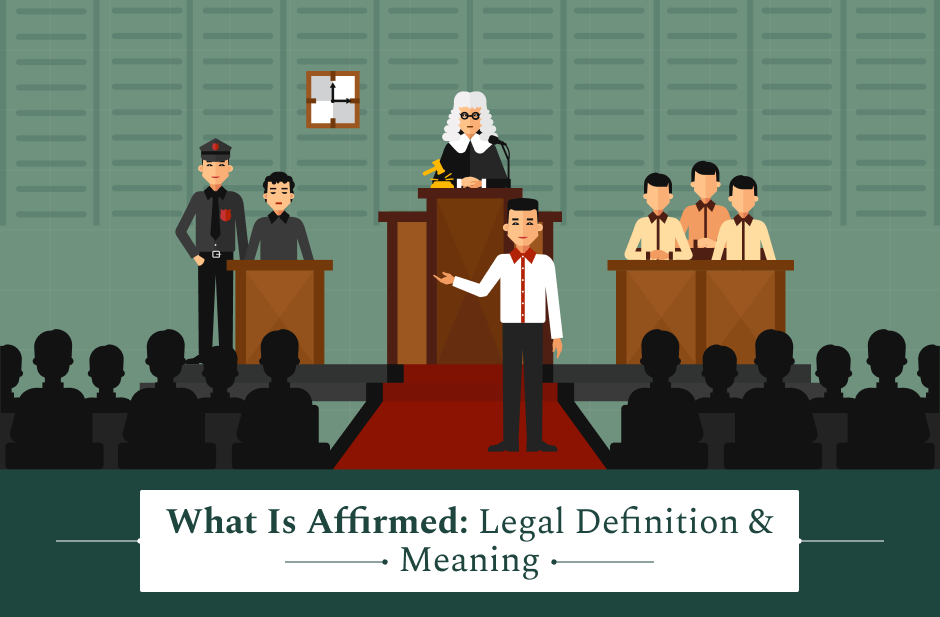“I think I am gonna have to call my lawyer.” “You will be hearing from my lawyer.”
None of us want legal troubles, but unfortunately, we might run into them anyhow. These are the times when we hear ourselves saying something like that.
So, when you hear a person say that they have a lawyer at their beck and call, that is a lawyer on retainer.
In simple words, you are keeping a lawyer handy so that you may call on their services as and when situations require.
What Does It Mean To Have A Lawyer On Retainer?

If you are a client seeing a lawyer on retainer, you will have to set up an arrangement with the lawyer.
You will pay them the decided amount on a regular basis, and in exchange, they will offer their services as and when you need legal help.
The nature and extent of their services will be according to the agreement that you make with them beforehand. Basically, you are subscribing to their services for when you require them later on.
Is It Good To Have A Lawyer On Retainer?
Lawyer on retainer costs may vary depending on what you are hiring them for. If the nature of your legal troubles is complex, they will charge more.
But having a lawyer on retainer can be quite useful if you can strike a good deal. For example, if you run a business that needs constant legal care.
Let’s say you need a lawyer once a month, ideally to ensure legal compliance for your business. The legal work may be semi-recurring, but you do not have enough money to hire a lawyer full-time.
However, calling a lawyer each month costs you a sizeable fee. So, wouldn’t you like to come up with a system where they visit every month to review documents and ensure compliance?
In turn, you will pay them an affordable fee for an extended period. They will provide representation as and when you need it.
What Are The Benefits Of Having A Lawyer On Retainer?
Let’s find out the benefits of having a lawyer on retainer.
- They can provide easy and prompt help. When an issue arises, they are here to help you.
- Since the mode of payment is quite regular, it can keep you from making bulk payments each time you hire a lawyer.
- Having a lawyer by your side helps you stay legally compliant. They will also ensure you stay away from legal problems.
- When you have a retainer lawyer, they will prioritize your issues when they come up. Attention when you’re their client.
- Lastly, having a lawyer by your side can be a source of legal support.
Additionally, if your business is a big one or has a higher net worth, the legal duties will be many. Thus, a lawyer on retainer is especially apt for you.
Who Needs A Lawyer On Retainer?

Having a lawyer on retainer can certainly seem very appealing. However, you should think about whether you truly need one.
Having a lawyer on retainer is not necessary for every person, but it could also be a beneficial legal deal for you to use at some point in your life.
Here are some of the themes when having a lawyer on retainer is a good option:
- Signing business contracts.
- Managing a project that entails many possible offences, such as taxes, permits, or zoning.
- Taking care of the estate plans of yourself or a family member.
- Participating in a big real estate transaction.
- Going through a messy divorce.
TBH, it is best that you carry out a proper assessment of your legal situation. Retaining a lawyer can be a good decision for some and a waste of capital for others.
What Should You Consider When Hiring A Lawyer On Retainer?
So, here is what you need to consider before you hire lawyers on a retainer fee. Let’s find out.
Think Things Through
Why do you need a lawyer on retainer? A commoner can go a whole life without actually hiring a lawyer more than once.
If you actually do not have the need for a lawyer on a regular basis, you might want to sit this one out.
Check Your Insurance
Most insurance policies cover lawyer fees as well. For example, vehicle insurance and homeowner’s insurance will cover for damages to your vehicles and homes. They will also cover the fee for an attorney. Thus, this leaves no need for a retainer fee.
Talk To Your HR
If you work at a reputable organization, chances are that your employee benefits include attorney fees as well.
Your office may even have an in-house attorney. They will handle most legal matters for you. Here, too, there is no need to keep lawyers on a retainer fee.
How Much Does It Cost To Have A Lawyer On Retainer?
The amount of the retainer fee can vary on the type of lawyer they hire. It can be of different types.
Right now, there are three different kinds of lawyer retainers. The amount can vary depending on the type, too.
Security Retainer
This is a sizeable amount because it is like a security deposit. It is meant for future legal services.
It is also an economical option for you because the lawyer does not keep the money till they provide the services.
The person paying the security retainer does so through a trust. The state uses the interest from this money to help people who cannot afford legal services.
Once your lawyer performs all the duties that they were supposed to, they get paid.
Advance Payment Retainer
This is another category under which you can keep a lawyer on retainer. Through this, you get access to only certain legal services as you and your lawyer decide.
It is a simple prepayment for future legal services from your lawyer. No trust creation is involved in the process.
Again, here, the amount will depend on the terms of your agreement. It is usually more expensive than other categories because it will cover all of the future fees. Many states do not have this provision because the clients need help getting back the money.
General Retainer
A general retainer is a different kind of retainer. This is the amount you pay to a lawyer or a firm to reserve their services.
This fee will only retain the lawyer. Thus, you will still be paying the lawyer a separate legal fee for their services.
A company may keep a lawyer on retainer to call on his services as and when you require. They pay an additional fee every time there is a legal need, and the lawyer delivers the services.
The general retainer one given is non-refundable. Therefore, how much it cost to keep a lawyer on retainer will depend on the kind of retainer you choose and the services you need.
How Should You Pay Retainer Fees?
A retainer is a form of payment that can be made in various ways, depending on the preferences of the lawyer and the clients being served. That includes:
• Upfront Payments: Fees paid in a full, single payment.
• Installments: Payments are divided into smaller, predetermined amounts, which clients make over a specific period, like monthly or quarterly. Installments help ease the burden of large payments, increasing the affordability of legal services.
• Subscription Models: They are recurring retainer fees that replenish at various intervals to maintain access to legal services. Businesses or people who need regular legal assistance often use subscription models.
Your Legal Guide: Do You Need An Agreement For Retaining A Lawyer?
Usually, when you engage the services of an attorney to address a legal issue, you pay a fixed amount of money to them beforehand.
However, some people may refer to this as a retainer, but it is actually more accurately described as an advance.
It is during your first visit that the lawyer deposits the advance payment funds into the client’s trust account, from which they pay all legal fees and court costs. They will charge you at their usual rate when the money is finished.
Your legal representation agreement must state the billing details, such as the following:
- The lawyer’s hourly rate.
- Costs that cover the administration and court.
- Associate and paralegal hours, if billed separately.
- Estimated number of hours spent on the case.
- Additional costs such as copies, postage, e-filing, etc.
There is a possibility that a case, which is won on a contingency fee basis (for example, a personal injury case), still requires an advance payment.
The attorney may either reimburse the client for the fees and expenses or subtract them from the final award, depending on the fee arrangement.
It would be beneficial if you could explicitly state these issues in the contingency fee agreement.
Read Also:
















